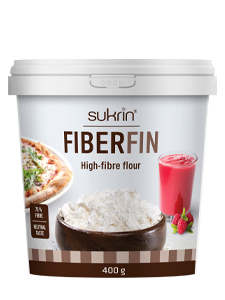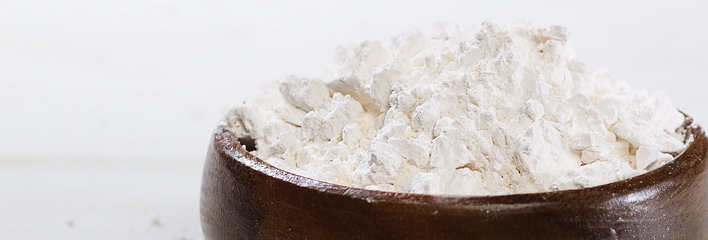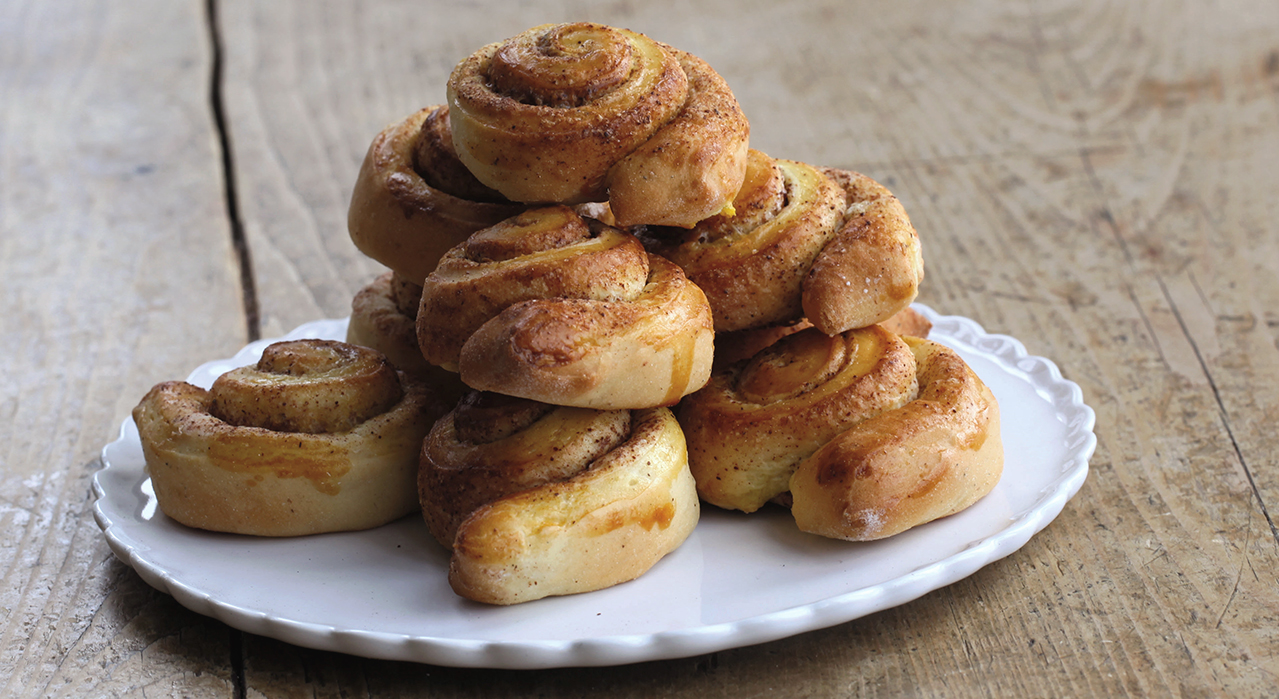FiberFin – fibre in disguise

Fibre isn’t just important for your digestion – it can contribute to a healthy and slim body, too. FiberFin contains resistant starch, a particularly beneficial fibre with well-documented health benefits.
- Increases fat burn
- Keeps you feeling full for longer
- Strengthens the immune system
- Ensures healthy digestion
- Contributes to more balanced blood sugar and energy levels
- Gluten-free
One of the major developments in our understanding of the importance of carbohydrates for health in the past 20 years has been the discovery of resistant starch. – World Health Organisation (WHO)
What makes resistant starch different to other fibres is the considerable effect it has on general health and weight control. It doesn’t just increase the body’s ability to burn fat – it also increases satiety and decreases your hunger.
Studies show that resistant starch ensures more stable blood sugar levels, is beneficial to the immune system, and can even reduce the risk of cardiovascular disease, diabetes, and certain types of cancer.
Watch video: “Why resistant starch is good for you” (4:03)
Minimise the negative effects from refined carbohydrates
Baked goods made with refined flour isn’t all that beneficial for your body. The refined flour causes an undesirably high blood sugar spike – followed by rollercoaster-like level swings. What if you could make your treats healthier without changing their flavour? With FiberFin, this is a literal piece of cake. By adding a small amount of FiberFin, you increase the fibre content, and so lower the glycaemic index (GI) in baked goods like sweet buns, pizza bases, pancakes, waffles and cakes. The light, powdered fibre supplement leaves the flavour, consistency and appearance of your treats be, while the fibre skyrockets. A tablespoon of FiberFin contains moore fibre than 1 decilitre/half a cup of wholegrain flour. In other words: A little bit goes a long way in making your food healthier:
Healthier sweet buns: Substitute 10 % of the flour in wheat buns, and the fibre content of a bun surpasses that of a wholegrain slice of bread.
Healthier pancakes: Add ½ dl of FiberFin to your pancake batter and the batter will contain about four times as much fibre as pancakes made on refined wheat flour only.
Healthier pizza dough: Substitute 10 % of the flour in a pizza base recipe with FiberFin, and the fibre content increases to the equivalent of wholegrain bread. Additionally, the dough will be easier to work with, and the pizza base will crisp easier.
Avoid cravings and snacking
Resistant starch isn’t absorbed as energy by the body, but works as a fibre, and so regulates your blood sugar and insulin secretion. With stable blood sugar levels you’ll be less likely to experience those cravings that tend to creep up when your blood sugar is low. The regulating effect FiberFin has on the blood sugar will even impact the next meal you eat. If you consume FiberFin in the morning, it’ll regulate appetite and cravings long into your day.
Study concerning the effects of intake of resistant starch
Regulate your weight – deactivate the hunger hormones
When you eat fibre you feel full for longer. Resistant starch causes your body to release more of the hormones that regulate your satiety – your feeling of fullness. With just a tablespoon of FiberFin each day you’ll stabilise your blood sugar levels, and so snack less.
Study concerning satiety and glycemic response after consumption of resistant starch
Increase your fat burn
As opposed to certain types of fibre, resistant starch ferments when it reaches your large intestine. When this happens, beneficial fatty acids are created, which blocks the body’s ability to burn carbohydrates. This can prevent the liver from using carbs as a source of energy, and make it use stored bodyfat or recently consumed fat instead.
In actuality, the body prefers carbohydrates as its fuel, the same way a car prefers petrol. Butyric acid simply prevents some of the gas in the tank from reaching the engine – and makes our cells turn to fat as an alternative. One study shows that if you replace just 5,4 % of the total carbohydrate contents of a meal with resistant starch, you’ll metabolise 20-30 % more fat.
Study concerning how resistant starch affects weight loss and weight control
Prevent lifestyle diseases
Too little fibre in the diet has been linked to obesity, constipation, type 2 diabetes, hypertension, bowel cancer and cardiovascular diseases. Researchers believe that an increased fibre intake helps prevent these diseases.
There is a general consensus that a high-fibre diet can help you maintain a healthy weight, which in turn reduces the risk of several types of cancer. Food with resistant starch also ensures a lower rise in blood sugar and insulin levels, which protects the heart. As such, a daily intake of resistant starch will contribute to a decreased risk of both type 2 diabetes and cardiovascular diseases.
Fat, fibre and cancer risk in African Americans and rural Africans
Resistant starch improves insulin sensitivity in metabolic syndrome
Strengthen your immune system
If your gut flora is out of bacterial balance, you’ll be more likely to fall ill when you’re subjected to infectious disease. Resistant starch is a prebiotic fibre. This means it contributes to an increased growth and activity of beneficial gut bacteria – and so helps them fight off other, detrimental bacteria.
Perform better – for longer
Because FiberFin helps maintain blood sugar levels, and increases satiety, you get energy that lasts for longer, which in turn means you’ll perform better physically. Norwegian cyclist, Christian Hannestad says:
«I use one and a half tablespoons of FiberFin over my cereal in the morning and evening, and feel that my meal ‘keeps’ for longer. FiberFin also helps me burn fat more easily. Because fat is a much greater source of energy than carbs, it’s pivotal in a bike race lasting from 3 to 6 hours where you burn 3500-7000 calories. I was at a training camp in Mallorca once and I’d forgotten to bring FiberFin, which made a big difference. On the longer rides, my blood sugar levels became far too unstable, and this had a direct impact on my performance. Never forgetting to bring FiberFin to a training camp again!»
Top 27 Science-Based Benefits Of Resistant Starch
Nutritional information per 100 g:
Energy: 830 kJ/204 kcal | Fat: 0 g | Carbohydrates: 13 g | -of which sugars: 0 g | Dietary fibre: 75 g | Protein: 0,2 g
Ingredients:
Modified corn starch

